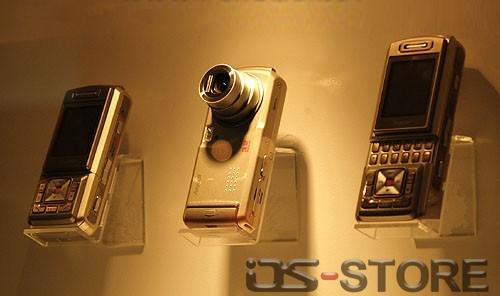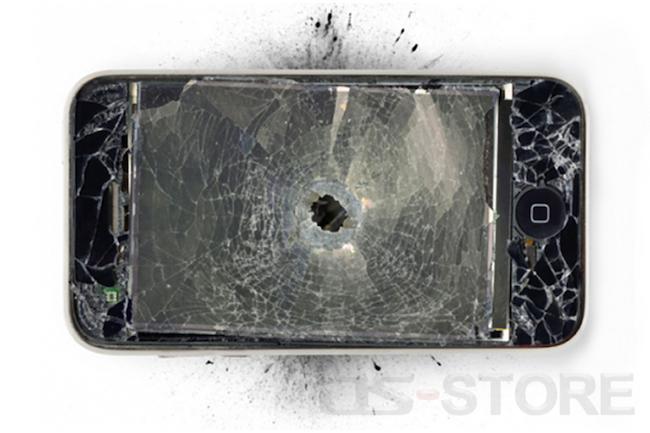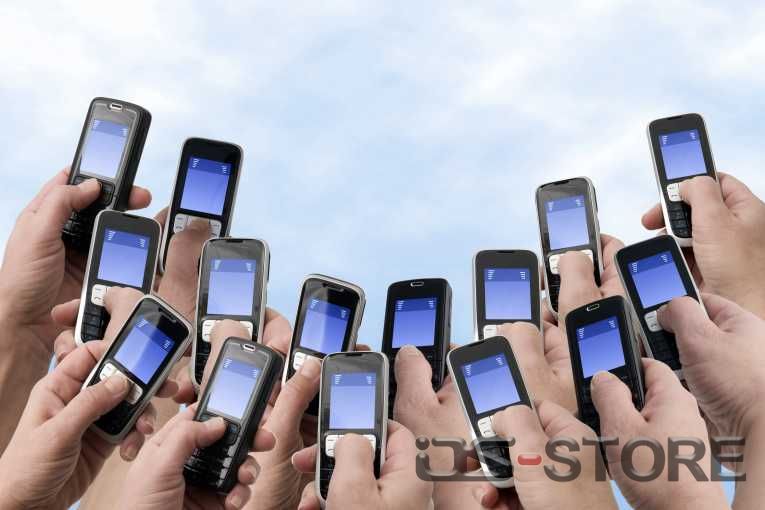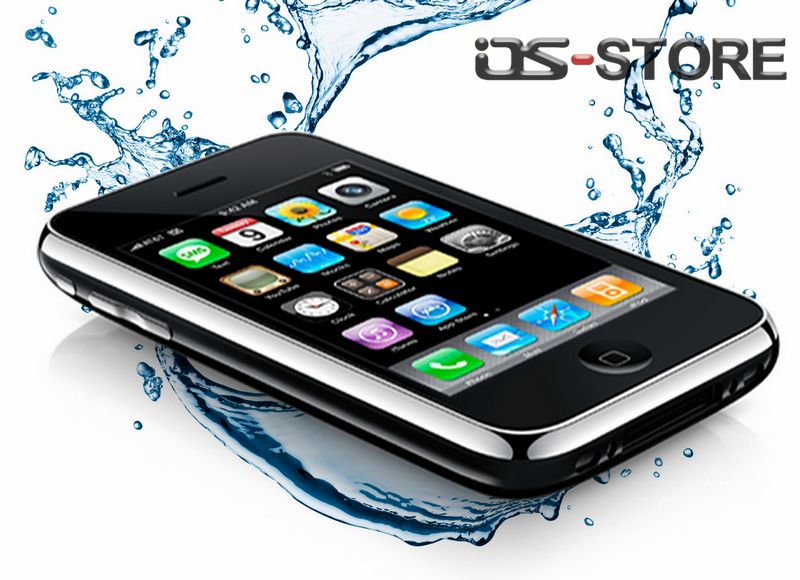Cell Phone Cancer Scare: What Now?

The WHO has classified cell phones as “possibly carcinogenic,” but there are still many open questions.
Most research suggests that cell phones do not pose an increased cancer risk.
If worried, people can text or use headphones to reduce radiation exposure from wireless phones.
With cell phones classified as “possibly carcinogenic” this week, the World Health Organization put the devices smack dab in the middle of its groupings for cancer risk and raised new concerns about how wireless devices might be affecting our health.
A closer look, however, revealed just as many unknowns as there were before the announcement came out. For the scientists who recommended the new classification, concern emerged from some evidence that heavy cell phone use might raise the risk of certain kinds of brain tumors, such as gliomas and acoustic neuromas.
Still, the new WHO report was peppered with uncertainty. The researchers acknowledged that the evidence linking wireless phones with brain tumors was “limited.” For other kinds of cancer, the evidence was “inadequate.”
A WHO press release quoted working group chairman Jonathan Samet of the University of Southern California as saying simply: “There could be some risk, and therefore we need to keep a close watch for a link between cell phones and cancer risk.”
For now, experts say, it’s up to individuals to decide how much to use their cell phones. There are ways to minimize radiation exposure, and there’s no need to panic.
Most research suggests that cell phones do not pose an increased cancer risk.
If worried, people can text or use headphones to reduce radiation exposure from wireless phones.
With cell phones classified as “possibly carcinogenic” this week, the World Health Organization put the devices smack dab in the middle of its groupings for cancer risk and raised new concerns about how wireless devices might be affecting our health.
A closer look, however, revealed just as many unknowns as there were before the announcement came out. For the scientists who recommended the new classification, concern emerged from some evidence that heavy cell phone use might raise the risk of certain kinds of brain tumors, such as gliomas and acoustic neuromas.
Still, the new WHO report was peppered with uncertainty. The researchers acknowledged that the evidence linking wireless phones with brain tumors was “limited.” For other kinds of cancer, the evidence was “inadequate.”
A WHO press release quoted working group chairman Jonathan Samet of the University of Southern California as saying simply: “There could be some risk, and therefore we need to keep a close watch for a link between cell phones and cancer risk.”
For now, experts say, it’s up to individuals to decide how much to use their cell phones. There are ways to minimize radiation exposure, and there’s no need to panic.
This article from OS- STORE















